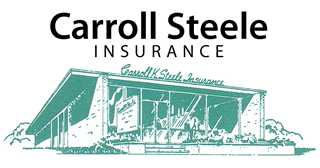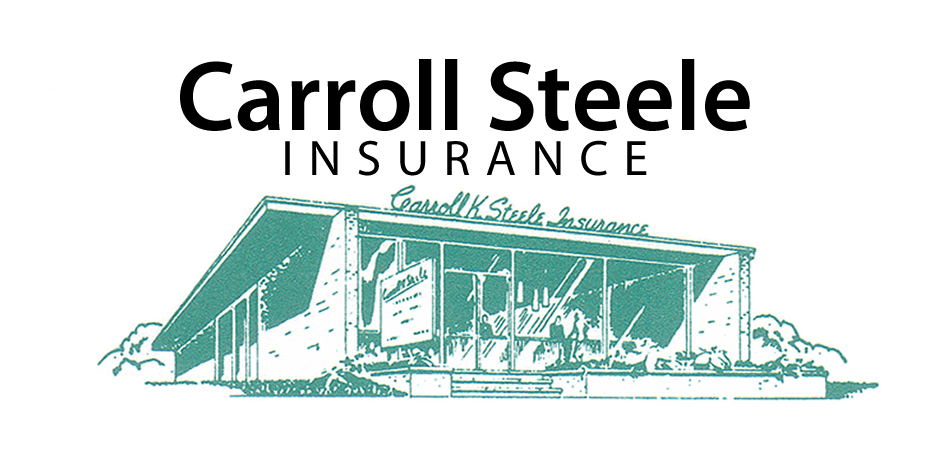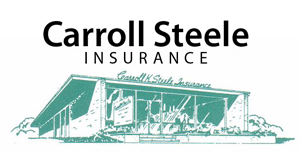Short Term Rental Insurance
Airbnb, VRBO and Other Weekly Rental Programs
At Carroll Steele Insurance, we focus on what’s important to our policy holders. Whether you are renting your residence or building to short term tenants (like Airbnb, VRBO, among others) or longer term to leasehold tenants, we have the insurance solution for your liability and property exposures.
Unlke many programs offered by the hosting platforms, we represent an Admitted (regulated by the State) carrier that includes both short term and longer-term rentals including coastal properties! If your property qualifies, you can save thousands of dollars on your property insurance over the non-admitted and restrictive programs offered by the booking platforms and our competitors.
With great pricing, enhanced coverage, and superior service, we are your one-stop insurance resource. Call or Click for a no cost, no stress, analysis of your insurance options. You have nothing to lose.
We know your needs:
Massachusetts law requires certain insurance requirements for short-term rental properties: As of July 1, 2019, Chapter 337 of the Acts of 2018 requires that operators of short-term rentals must maintain liability insurance of not less than $1,000,000 to cover each short-term rental.
The statute requires that such coverage shall defend and indemnify the operator and any tenants or owners in the building for bodily injury and property damage arising from the short-term rental.
Typically, the hosting platform programs apply only to the times when the property is occupied with one of their booked customers. If you book with multiple host platforms, or on your own, you may have a major gap in coverage!
With our unique advantages and comprehensive & thorough analysis of your needs, you can reinforce yourself with Steele!
For your further reading:
Here is a brief description of the State of Massachusetts view of Short-term rentals. There is a link at the bottom if you wish to learn more.
What is a short-term rental property?
A short-term rental is defined as an owner-occupied, tenant-occupied, or non-owner-occupied property including, but not limited to, an apartment, house, cottage, condominium or a furnished accommodation that is not a hotel, motel, lodging house or bed and breakfast establishment, where:
1. at least 1 room or unit is rented to an occupant or sub-occupant: and
2. all accommodations are reserved in advance; provided, however, that a private owner-occupied property shall be considered a single unit if leased or rented as such.
In simpler terms, if you own, rent, lease, or otherwise live in a home/apartment/condo/room, and you rent it out to others for short-term use, your property classifies as a short-term rental.
Short-term rentals do not include property that is rented out through tenancies at will or month-to-month leases.
Why do I need special insurance when I rent my property?
A typical home insurance policy, including renters insurance, does not cover property damage nor the cost to treat an injury that occurs on your property if you are renting the property to another. This means that if the property is being rented and your guest starts a fire or falls down the stairs and breaks a leg, the typical home insurance company will not cover the costs.
The law also requires that short-term rental operators notify their home insurance company about their intent to use the property as a short-term rental. While in general, it is always advisable to notify your insurance carrier of any changes that may impact your coverage amounts (such as a new baby, a kitchen renovation, or the installation of an in-ground pool), this notification is required by law. Your home insurance company may have a legal right to cancel your coverage if you do not make them aware of this.
Please note that home insurance is not required in Massachusetts, but a bank/lender may require the owner to have it as a condition of a mortgage to protect their financial interests.
How much coverage is required for a short-term rental property?
All operators must have at least $1,000,000 (one million dollars) of liability insurance to cover each short-term rental.
If you offer your short-term rental through a hosting platform (such as Airbnb or VRBO), it is advisable to check whether the hosting platform maintains equal or greater coverage amounts than what Massachusetts law requires. If so, the hosting platform’s insurance may be sufficient, and you will not need to purchase your own liability coverage for your renters…but there is likely no coverage when the unit is not booked using these platforms. You may want to consult with the hosting platform, an agent or attorney to confirm you have the correct coverage amounts.
If you do not use a hosting platform, the Division recommends asking insurance companies or agents about available insurance options, including umbrella / excess coverage or specialized products for short-term rentals.
Should the short-term rental operator’s policy cover claims arising from actions of any other persons in the operator’s building that may impact the short-term occupants?
What if my insurance coverage is limited by a home insurance company to lower than $1 million in liability coverage? Can I still rent my property?
Even if the insurance covers damage to the property that is for $1 million, many policies have liability limits that are lower. Short-term rental operators should confirm with their insurance company that their policy does not prohibit the purchase of umbrella or excess additional coverage for short-term rentals to reach the required levels.
Does the Division review and approve all liability insurance policies required under the short-term rental law?
Home insurance coverage may be issued through the traditional home insurance market or through the surplus lines market when risks may not be covered by traditional home insurance companies. (Many hosting platforms – such as Airbnb – have coverage that is written through the surplus lines market.) Policies that are issued through the home insurance market are submitted and reviewed by Division of Insurance staff for compliance with relevant laws.
The Division does not review surplus lines policies, nor does it have the same regulatory oversight that it may for traditional insurance companies, however, these policies are still subject to the Division’s oversight. Surplus lines policies may only be sold by qualified surplus lines agents and the coverage is still subject to market conduct standards to ensure that surplus lines carriers comply with the terms of their coverage contracts.
Does my Homeowner’s insurance policy cover short-term rentals?
Most Homeowner’s policies specifically EXCLUDE coverage for short-term rentals…even for non-renter activity. An example: Emily Richer vs Travelers
Does the FAIR Plan cover short-term rentals?
Although the FAIR Plan may offer supplemental coverage for short-term rentals, it only will cover up to $500,000. Persons with such coverage may need to seek the remaining required coverage from other home insurance carriers or the surplus lines market.
Additional Notes:
The short-term rental law defines “hosting platform”, as a service through a digital platform, third-party website, software, online-enabled application, mobile phone application or some other, similar electronic process that allows: (i) an operator to advertise, list or offer the use of an accommodation subject to the excise under this chapter in exchange for rent; (ii) an operator to collect the payment of rent on an accommodation; and (iii) a person to arrange, book, reserve or rent an accommodation.
Whenever an intermediary or hosting platform is involved with sale, solicitation or negotiation of insurance, it must be appropriately licensed as a producer. Otherwise, it is not required. In other words, if a realtor or hosting platform offers or sells you the required insurance, or gives you advice about the insurance that you need, they need to be licensed as an insurance producer with the Division of Insurance. It is advised that intermediaries refer current and prospective short-term rental operators to a licensed insurance agent or an insurance company in order to discuss insurance requirements under Chapter 337 of the Acts of 2018.
Source material from:
https://www.mass.gov/service-details/short-term-rental-insurance



